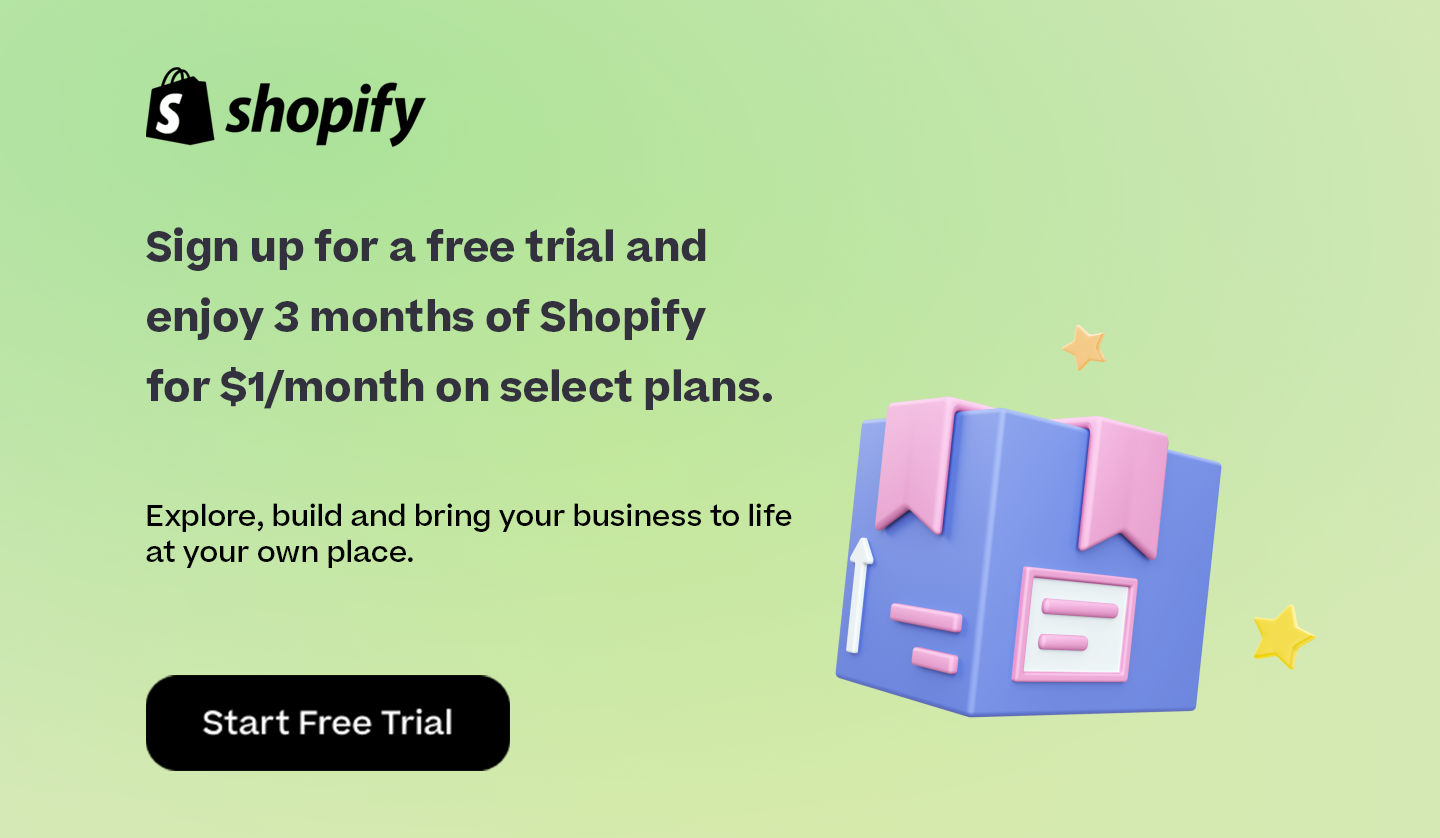The process of selection of URLs for a set of specific content. Modern websites will generally allow their content to be accessed from not one but several URLs that contain query information. The process helps in managing which of the URLs are being indexed and credited by the search engines.
In SEO, URL Canonicalization deals with sites that have more than one URL, only one of them being recognized as the canonical form of the URL. An example of a website that has more than one URL would be https://wikipedia.com, https://www.wikipedia.com, https://www.wikipedia.com/, https://www.wikipedia.com/?source=asdf, all of these URLs pointing to the same website.
Why Does Canonicalization Matter?
Duplicate content is a complex topic for many business and site owners. When search engines crawl various URLs with similar content, it causes a variety of problems that makes it harder for you to accomplish your goals online. While you might not duplicate pages deliberately, many people don’t realise that there are various ways to “copy” a page without just stealing someone else’s blog.
If you have multiple location pages on your website designed to highlight your services to people in specific parts of the world, for instance, you might put similar content on each page. However, this could lead to content being marked as “duplicate”.Canonicalization will tell the search engines which page should be considered the master copy of the page. This helps avoid duplicate content issues, and also serves to combine all the incoming link weight to one page as well. In practice, canonicalization tells the search engines which version of a page they should be showing in search results, and which copy of a page should have traffic sent to it.
The issue of duplicate content on your site is complex, but to simplify things just realize that when the search engine spiders crawl your website and there is a lot of duplicate content they may miss your original content. In addition, a large amount of duplicate content could lower your ability to rank in the search engine results. Having multiple versions of the same page also runs the risk of the search engines picking the wrong version to use as the master version of the page. So, canonicalization can help you to control your duplicate content.
Content management systems and code-driven sites further increase the problem by adding automatic HTML tags, and URL parameters that make it so you could have thousands of duplicate URLs on your site without realizing.
When are Canonical URLs necessary?
A canonical URL or canonical tag can be an important way to organize and enhance your website for the benefit of SEO (and your customers). However, figuring out when you need to canonicalize your content can be complicated, particularly of you have a growing ecommerce site with a lot of pages.
To give you an insight into the kind of web page that may need a canonical link, here are some examples outside of your homepage that you may need to consider:
· URLs for product variations: If you’re using different URLs to identify variations of the same product, you’ll need to turn each page into a canonical page. The canonical version of the page will inform the search engines that you’re not “duplicating” content, but advertising similar versions of the same product.
· Mobile specific URLs: AMP pages and mobile specific domains need their own canonical version. Creating content designed for the mobile landscape is crucial, but if you’re creating specific example.com pages for your mobile users, you’ll need to let Google know that these are canonical, and not duplicate pages. There’s some helpful guidance available from Google on how you can differentiate specific pages for mobile.
· Region specific pages: If you run your business in a variety of different places, then you want the search engine crawlers to see that. Creating local and regional pages makes it easier for you to range for local search. However, you do need to remember to add the right canonical content to these pages. Make sure that the region-specific pages point customers back to the central page where your content began. This is even important when you’re creating local product pages in specific languages using a translation plugin.
· Self-referential content: Most content management systems now do this automatically, but it’s important to keep this in mind. When you create a page as part of your search engine optimization strategy, you can set it as a canonical URL. This is something referred to as a self-referential canonical URL, and it’s important for canonicalizing algorithms. The usefulness of these tags has been widely debated in the past, but Google did confirm that these links can help pages to perform better.
How to Set a Canonical URL for Your Page
Setting the canonical URLs for your page can seem a little complex at first.
There are a few options you can explore, and each has its own benefits and disadvantages to consider. There’s no method currently deemed as “better” than the rest, right now, so it’s up to you to decide what works. Let’s look at some options.
Specifying your preferred domain
One common solution for creating canonical URLs requires you to use the Google Search console to specify a canonical domain. The benefit of this approach is that it’s often quick and easy to implement, ideal for sites that have the same content at various URL paths.
If you have a main office company and a brand office that share the same About Us page on two separate domains, for instance, you can set the initial main office page as your canonical variation of the branch office’s page. This is an easy way to improve SEO without having to revamp your site.
One issue to this approach is that when you specify your preferred domain in Google Search, the Google Search Console will only set the variation for your Google searches. This means that you don’t have a solution for other search engines. You’ll also need to ensure that your URL paths are exactly identical to work. So you can’t have /about-us and /about.
Using the rel=”canonical” <link> option
Among the most common options for creating a canonicalized URL for your website, is to use a specific Rel tag. This essentially means that you’re placing meta-data into the header tags of the HREF page, and specifying which URL is the correct address.
You add the canonical tag within the head tags of the page, not the header itself. The biggest benefit of this strategy is that you can identify a canonical URL for as many pages as you choose, and you don’t have to worry about http://www noindex paths for non-canonical pages.
Many content management systems can help you to use this solution, and some will even automatically set and update your canonical tag information too. The biggest downside ids that using this strategy may increase the size and weight of your pages, which could make it takes longer for your content to load for some customers.
Another problem is that if your CMS doesn’t automatically update your tags, as mentioned above, it’s often difficult to maintain accuracy. You may need to check that your site is up to date more regularly.
Using the Rel=canonical header for HTTP
This is a similar option to the one covered above. However, there is a slight difference. You can set a canonical link in your HTTP heading section that identifies the correct version of your canonical content. This is a good method if you have PDFs, PHP, and other content on your website that you need to identify correctly, as the link option above will only work via HTML.
Similar to the Link solution, you can use the canonical header as a webmaster for your website as often as you like. Additionally, because you’re not loading meta data into your WordPress website, or data for another site, the pages shouldn’t load any slower.
The main challenge with this strategy is that it can be a little tougher to get right than other approaches. If you’re responsible for a large website, and your page number is constantly growing, it’s often tough to maintain all your canonical URLs.
Top Tips for Canonicalization
To avoid duplication with your website, you need to know how to adjust everything from the URL, (www.example.com), to the different pages that you host online. Duplication can cause serious issues with Googlebot searches and may cause you to rank lower than a different domain if you don’t have the right strategy in place.
Ensuring that you know how to use different link element tools and non-www txt within your website to identify similar pages is crucial. It could even affect your performance on Microsoft Bing and make it easier for marketers to get your name out there.
Here are some tips to help you:
- Use the right tools: If you’re worried about figuring out how to use things like XML and TXT yourself, then you can access tools to help. Solutions like Yoast are great for making your site more SEO friendly. There are also various CMS solutions that can help with canonicalization too.
- Remember to canonicalize the home page: Homepage duplicates are some of the most common issues for many webmasters. Many people may link to your homepage in a range of ways that you can’t fully control. With that in mind, make sure that you have a canonical tag on your homepage template that can reduce problems.
- Be clear with directions: Search engines are incredible tools, but they’re not perfect. If you send mixed signals by directing the search engines back and forth with chained canonical tags, then you could risk l
- Spot-check dynamic canonical tags. Bad code can be a real problem for webmasters. If something isn’t written in just the right way for every version of your URL, then you’ll have a problem. Make sure you regularly spot-check your URLs, particularly on CMS and eCommerce sites.
- Be careful with near duplicates: Often, when people think of canonicalization, they think of exact duplicates. It’s possible to use this tag on the near-duplicate pages too, but you should be cautious about how you proceed. There’s a lot of debate over this topic and how you should use your tags to avoid any issues with the search engines. Remember that non-canonical tags might not be suitable for ranking purposes.
- Remember cross-domain duplicates: If you’re running more than one website, then you may need to use canonical tags across domains too. For instance, if you’re a publishing company that frequently publishes the same article on half a dozen sites, using the canonical tag should focus your ranking power on a single site. The canonicalization will prevent the non-canonical sites from ranking, however.
How are Canonical Tags Different to 301 Redirects?
Finally, before we finish this definition of canonicalization, let’s clear some things up about 301 redirects. There’s a lot to understand in your URLs, from getting the right robots.txt file for mapping purposes, to knowing what the search engines should and shouldn’t index.
One common SEO worry is that canonical tags might not pass link equity in a similar way to redirects. Experts say this isn’t an issue, because most pages pass the equity or authority fine. However, this can be a difficult question. Remember that both solutions create very different information for site visitors and search crawlers.
If you use your 301 redirect to redirect page A to page B, for instance, human visitors will never see page A. However, using canonicalization will show the search engines that Page B is canonical, but your visitors will be able to visit both URLs.






